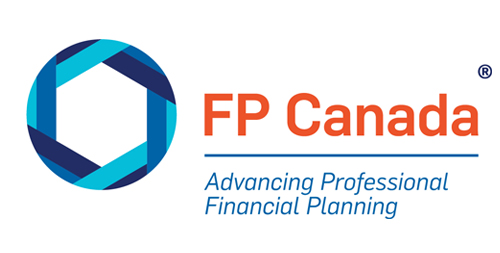Taxation of Testamentary Trusts
KNOWLEDGE EXPECTED OF: CFP® Professionals
Highest Knowledge Level: Understanding
Knowledge Levels and Associated Verbs
|
Awareness
The state of being aware that something exists / to have familiarity with a particular activity or subject
|
Understanding
To comprehend the general relationship of particulars / to have an expertise with how something works
|
Application
Ability to put information to use / to use knowledge for relevant, practical purposes
|
Evaluation
To judge or conclude by utilizing data / a systematic determination of something’s worth or significance
|
||||||
|---|---|---|---|---|---|---|---|---|---|
|
Define
To state exactly the meaning of
|
Identify
To be aware of / to recognize and correctly name / to locate an appropriate resource
|
Explain
To make clear the meaning of / to describe something in more detail or reveal relevant facts or ideas related to it
|
Determine
To ascertain / to come to a decision, such as by investigation or reasoning
|
Compare
To note the similarities and differences between two or more things
|
Estimate
To determine an approximate value for
|
Calculate
To find the value using mathematics
|
Convert
To change from one form or purpose to another
|
Evaluate
To reach a conclusion or make a through careful study
|
Interpret
To give the meaning of / to construe or understand / to translate orally
|
Hold cursor over or click on each term to read its definition.
Additional Knowledge Expected of CFP Professionals
- Define a testamentary trust.1
- Identify how a testamentary trust is viewed in relation to the parties to the trust for tax purposes.
- Explain how property transferred into a testamentary trust will be treated for tax purposes.
- Identify circumstances when an election to opt out of a tax-deferred rollover of property into a testamentary trust may be beneficial, such as:
- Settlor has carry-forward capital losses that may be used to offset capital gains upon deemed disposition of property
- Settlor has capital gain deduction limit that may be used upon deemed disposition of property
- Explain circumstances when a tax-deferred transfer of capital property may be made into a testamentary trust.2
- Explain how income earned by a testamentary trust will be taxed.
- For income retained by a trust within the first 36 months after the settlor’s date of death (trust is part of a Graduated Rate Estate)
- For income retained by a trust after the first 36 months after the settlor’s date of death
- For income distributed to the beneficiaries
- For trusts where the beneficiary is eligible for the federal Disability Tax Credit (Qualified Disability Trust)
- Explain when property is deemed to have been disposed of by a testamentary trust.
- For a spousal or common-law partner trust
- For all other trusts
- Explain the value at which capital property may be transferred to a beneficiary from a testamentary trust.
- Identify the tax year-end for a testamentary trust.
- During the life of the trust
- In the year the trust is wound up



 previous / Taxation of Inter Vivos Trusts
previous / Taxation of Inter Vivos Trusts